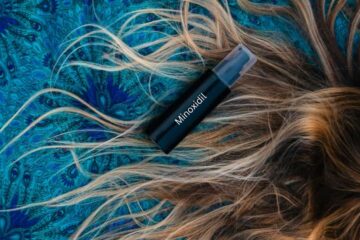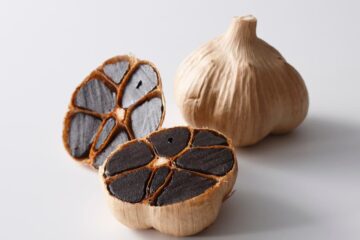Table of Contents
Introduction
Cinnamon is a standard spice in the U.S., but it has a prosperous role in international history and culture.
It arrives from the bark of cinnamon trees, that are tiny evergreens found in Sri Lanka and across much of Southeast Asia. The bark is scraped off the tree, and after that, they peel it to form a curl named a quill. After drying, the bark may be ground or utilized as a cinnamon stick.
Cinnamon adds sweetness and warmth to a broad variety of foods. It’s an important spice for curry, candy, baked goods, and drinks. It has also been used for hundreds of years in traditional medication in China, India, and Iran. In addition, Ceylon cinnamon shows some impressive health benefits.
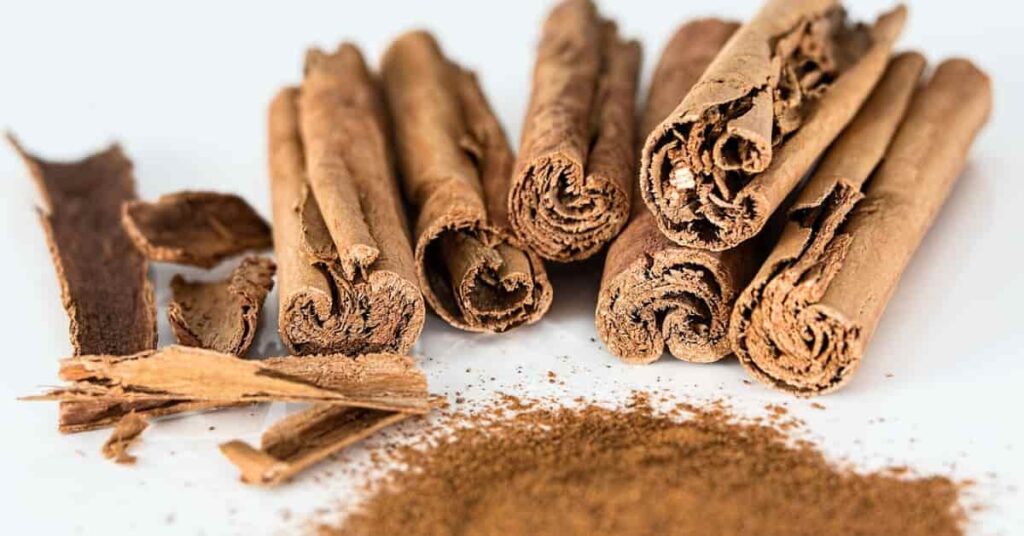
ceylon cinnamon
Ceylon Cinnamon (Cinnamomum verum), also named as “true cinnamon” or Sri Lankan cinnamon, is highly prized globally for its soothing flavor and excellent safety profile compared to the more common Cassia variety. Developing primarily in Sri Lanka and southern India, Ceylon cinnamon is described by its light tan color and its thin, tender bark, which forms multiple soft layers when dried (unlike Cassia’s thick, single-curved strip).
Its health benefit lies in its negligibly lower coumarin content—a mixture that can be toxic to the liver in enormous doses—making it the safer choice for daily or medicinal consumption. Further protection, Ceylon cinnamon is investigated for its powerful antioxidant and anti-inflammatory properties, its capacity to enhance insulin sensitivity and help better blood sugar control, and its possibility to lower cholesterol levels, making it a valuable addition to both fine culinary and long-term health routines.
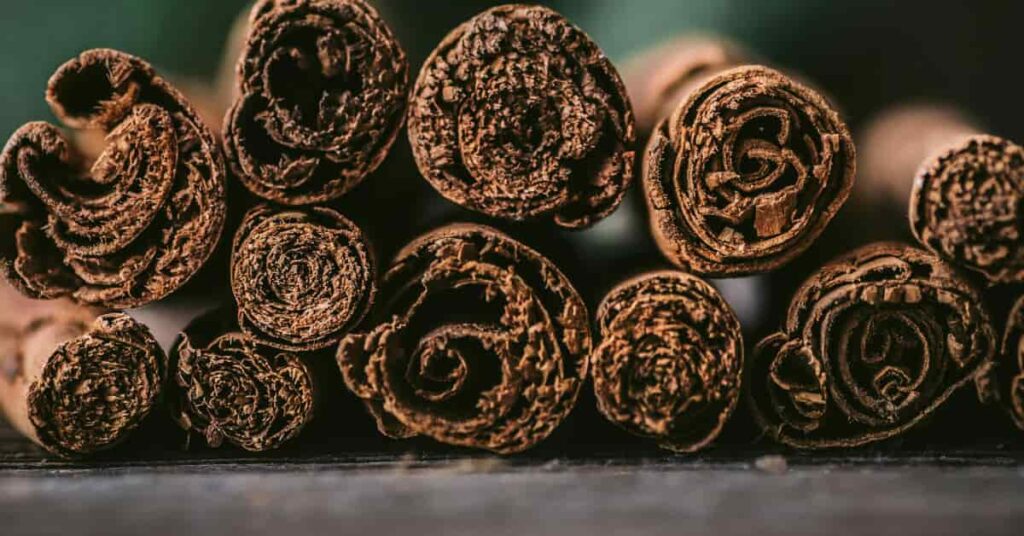
Ceylon Cinnamon Nutrition Facts
Cinnamon is rich in antioxidants, which support your body’s capacity to handle free radicals and may lower the risk of health conditions such as cancer, diabetes, and heart disease.
It is also rich in the mineral manganese. This mineral helps the body produce enzymes that help regulate hormone levels and repair bones. Manganese also acts as an antioxidant via the enzyme manganese superoxide dismutase, helping protect the body from free radicals.
Cinnamon is also a fantastic source of:
- Vitamin A
- Potassium
- Vitamin K
- Zinc
- Cinnamaldehyde
- Magnesium
Nutrients per serving
A one-teaspoon serving of cinnamon contains:
- Calories: 6
- Fiber: 1 gram
- Fat: Less than 1 gram
- Protein: Less than 1 gram
- Carbohydrates: 2 grams
- Sugar: Less than 1 gram
Ceylon cinnamon vs cinnamon
There are really two kinds of cinnamon generally available: Ceylon cinnamon (also comprehended as Cinnamomum verum and true cinnamon) and cassia cinnamon (also named as Cinnamomum cassia and Chinese cinnamon). Both varieties are sold as “cinnamon” in the U.S., but Ceylon cinnamon is believed to be more delicate and less pungent than Cassia. They both contain the same active elements and flavor but differ in potency.

Ceylon cinnamon benefits
Ceylon cinnamon (Cinnamomum verum), often called “true cinnamon,” is the superior choice for daily consumption due to its distinct nutritional and safety advantages over the more common Cassia variety.
Here are 12 primary health benefits:
- Low Coumarin Content (Safe for Daily Use): This is the most significant benefit. Ceylon cinnamon contains negligibly low levels of coumarin (a natural chemical that can be toxic and cause liver damage when consumed in large, regular doses), making it the safest option for consistent use.
- Improves Insulin Sensitivity: It contains compounds (such as cinnamaldehyde) that may mimic insulin’s effects, helping cells become more responsive to the hormone and efficiently move glucose from the bloodstream.
- Aids Blood Sugar Control: Regular intake can help lower fasting blood glucose levels and reduce post-meal blood sugar spikes, benefiting those managing Type 2 diabetes or prediabetes.
- Reduces Total Cholesterol and Triglycerides: Studies suggest Ceylon cinnamon can positively impact lipid profiles by helping to lower total cholesterol and circulating triglycerides.
- Potent Anti-Inflammatory Action: Its high content of anti-inflammatory compounds, including polyphenols, helps reduce chronic inflammation throughout the body, lowering the risk of age-related diseases.
- Rich in Antioxidants: Ceylon cinnamon is loaded with powerful antioxidants which combat oxidative stress, protecting cells from damage caused by free radicals.
- Supports Heart Health: By improving blood pressure, cholesterol, and markers of inflammation, cinnamon contributes holistically to reduced risk factors for cardiovascular disease.
- Antimicrobial and Antifungal Properties: Its essential oils exhibit potent activity against various bacteria, fungi, and yeasts, supporting a healthier gut and oral environment.
- Supports Cognitive Health: Preliminary research suggests that compounds in cinnamon may help inhibit the buildup of specific proteins (such as tau tangles and amyloid plaques) associated with Alzheimer’s disease.
- Aids Digestive Comfort: Cinnamon acts as a carminative, helping to reduce gas, soothe the stomach lining, and alleviate symptoms of indigestion and bloating.
- Nutrient Source: It is a good source of Manganese (vital for bone health and metabolism) and Vitamin K (essential for blood clotting).
- Promotes Dental Hygiene: Due to its antibacterial properties, it can help fight oral pathogens and reduce bad breath when used in the mouth.
- May help fight cancer: Scientists are studying whether cinnamon might help fight cancer. Cinnamon extract calms down inflammation, possibly lowering cancer risk. Some research suggests that it may stop cancer cells from growing and spreading. It also might cause cancer cells to die. But more research is needed to be sure.
- Might relieve gut discomfort: Cinnamon may help relieve digestive symptoms associated with stress, inflammatory bowel disease (IBD), and colitis. It calms down inflammation, which can lead to IBD and other disorders. Cinnamon extract also brings down levels of serotonin, which plays a role in IBD, in the gut. But more research is needed to be sure.
- May help prevent Alzheimer’s disease: Cinnamon has antioxidant and anti-inflammatory effects in the brain, potentially helping prevent Alzheimer’s. It may interfere with the development of amyloid beta plaques and tau tangles (abnormal protein clusters in the brain), which play a significant role in Alzheimer’s disease. It may help in another way, too. Alzheimer’s disease is sometimes known as type 3 diabetes. This is because continued glucose imbalance can damage brain cells, leading to issues with mental skills. Cinnamon may help regulate glucose levels, potentially protecting the brain.
ceylon cinnamon powder
Ceylon Cinnamon Powder is the finely ground form of Cinnamomum verum, widely known as “true cinnamon” and highly valued for its safety, delicate flavor, and health benefits. Unlike the common Cassia powder, the Ceylon variety contains negligible levels of coumarin (a compound that can cause liver damage when consumed regularly), making it the preferred choice for daily or medicinal consumption, such as supplements or morning tonics.
In its powdered form, it is readily incorporated into smoothies, chai lattes, oatmeal, and baked goods to deliver potent antioxidant, anti-inflammatory, and insulin-sensitizing properties, which help regulate blood sugar, reduce bad cholesterol, and protect against chronic disease. Due to its superior quality and lower availability compared to Cassia, consumers in India often source labeled Ceylon powder from specialty spice shops or reputable online retailers.

Ceylon cinnamon in India
Ceylon cinnamon (Cinnamomum verum), also known as “true cinnamon” or Sri Lankan Dalchini, is available in India. Still, it is not the variety most commonly found in regular Indian supermarkets or spice shops, where the cheaper, stronger-flavored Cassia cinnamon (Cinnamomum cassia) usually dominates.
- Availability: Ceylon cinnamon is considered a specialty or premium product. Consumers must actively seek it out from online organic spice retailers, gourmet food stores, or specialized South Indian spice suppliers (particularly those operating in Kerala and Sri Lanka) that explicitly label the product as “Ceylon” or Cinnamomum verum.
- Indian Context: While Ceylon cinnamon is historically native to southern India (Western Ghats region in Kerala and Tamil Nadu) and Sri Lanka, the vast majority of dalchini sold in India is Cassia. The generic Hindi term Dalchini often refers to both, though Kalmi Dalchini is sometimes used to denote the true, softer, Ceylon sticks.
- Key Health Distinction (Coumarin): The preference for Ceylon in therapeutic use is critical because it contains negligible levels of coumarin (a liver-toxic compound). In contrast, Cassia cinnamon has high coumarin levels. The Food Safety & Standards Authority of India mandates that the coumarin content in imported cinnamon (both whole and powder) must not exceed 0.3% by weight, a regulation intended to curb high-coumarin Cassia and protect public health.
Cassia cinnamon
Cassia cinnamon (Cinnamomum aromaticum) is made from the dried inner bark of an evergreen tree. It’s the most familiar kind of cinnamon sold in North America. Cassia cinnamon contains chemicals that appear to enhance insulin sensitivity, which can permit control of blood sugar in individuals with diabetes. It also includes cinnamaldehyde. This chemical might support to fight bacteria and fungi.
Cassia cinnamon is a universal spice and flavoring agent in foods. Individuals occasionally use cassia cinnamon for diabetes, prediabetes, obesity, and many different conditions, but there is no sound scientific proof to support these uses.
Don’t confuse cassia cinnamon with different kinds of cinnamon, including Ceylon cinnamon, Padang Cassia, Indian cassia, and Saigon cinnamon. Also, don’t confuse cassia cinnamon with other plants named Cassia, including cassia auriculata and cassia nomame. These are not the same.
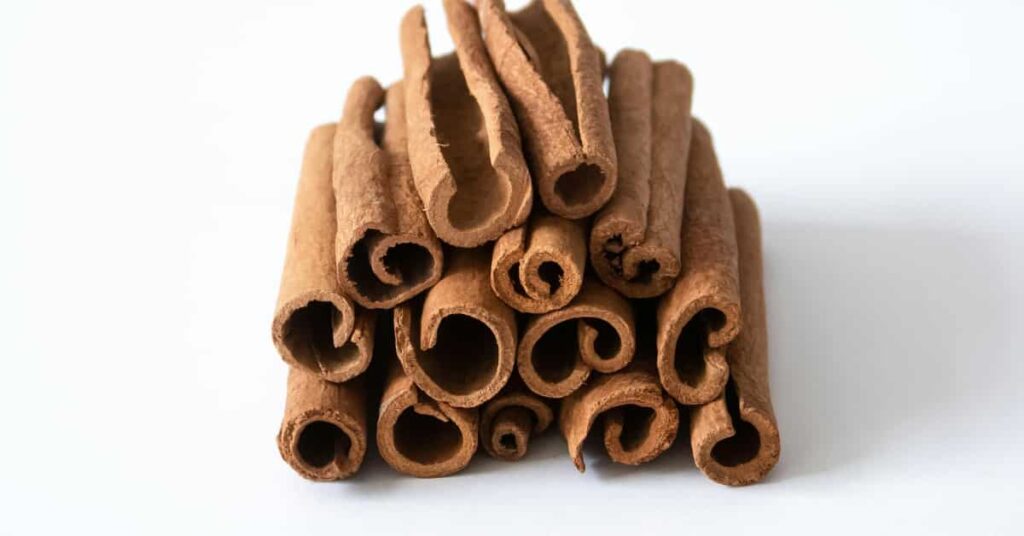
Side Effects of Ceylon cinnamon
The known or theoretical side effects of Ceylon cinnamon are:
- Low Risk of Liver Toxicity (Key Advantage): Because this cinnamon contains only trace amounts of coumarin (the liver-toxic compound prevalent in Cassia), it virtually eliminates the risk of liver damage associated with the daily or high-dose consumption of cinnamon supplements.
- Hypoglycemia Risk (Low Blood Sugar): Since Ceylon cinnamon can improve insulin sensitivity & lower blood glucose, consuming it in large supplemental doses, particularly alongside diabetes medication, may potentially cause blood sugar levels to drop too low (hypoglycemia).
- Drug Interactions (Blood Pressure/Sugar): High consumption may interact with medications for high blood pressure or diabetes, potentially amplifying their effects and requiring careful observation of blood glucose levels or blood pressure by a doctor.
- Gastrointestinal Issues (High Doses): As with any spice, excessive intake can cause mild, temporary gastrointestinal symptoms, such as heartburn, nausea, or stomach upset.
- Allergic Reactions: Although rare, hypersensitivity reactions can occur, presenting as skin irritation, mouth sores, mild swelling, or, in sporadic cases, more severe allergic symptoms.
- Unsafe During Pregnancy/Lactation: While culinary amounts are likely safe, large supplemental doses of Ceylon cinnamon are generally considered unsafe during pregnancy and breastfeeding due to insufficient reliable safety data.
Conclusion
Ceylon cinnamon (Cinnamomum verum) is a kind of cinnamon that arrives from the bark of an evergreen tree. Sri Lanka delivers about 80 percent of the world’s supply.
The oils located in Ceylon cinnamon are believed to reduce spasms, decrease gas, and fight bacteria and fungi. Chemicals in Ceylon cinnamon might also work like insulin to lower blood sugar. But these results are considered pretty weak.
Individuals use Ceylon cinnamon for diarrhea, diabetes, obesity, indigestion, and many other conditions, but there is no good scientific evidence to support these uses. Don’t confuse Ceylon cinnamon with different kinds of cinnamon, including Cassia cinnamon, Indian Cassia, Padang Cassia, or Saigon cinnamon. These are not the same.


